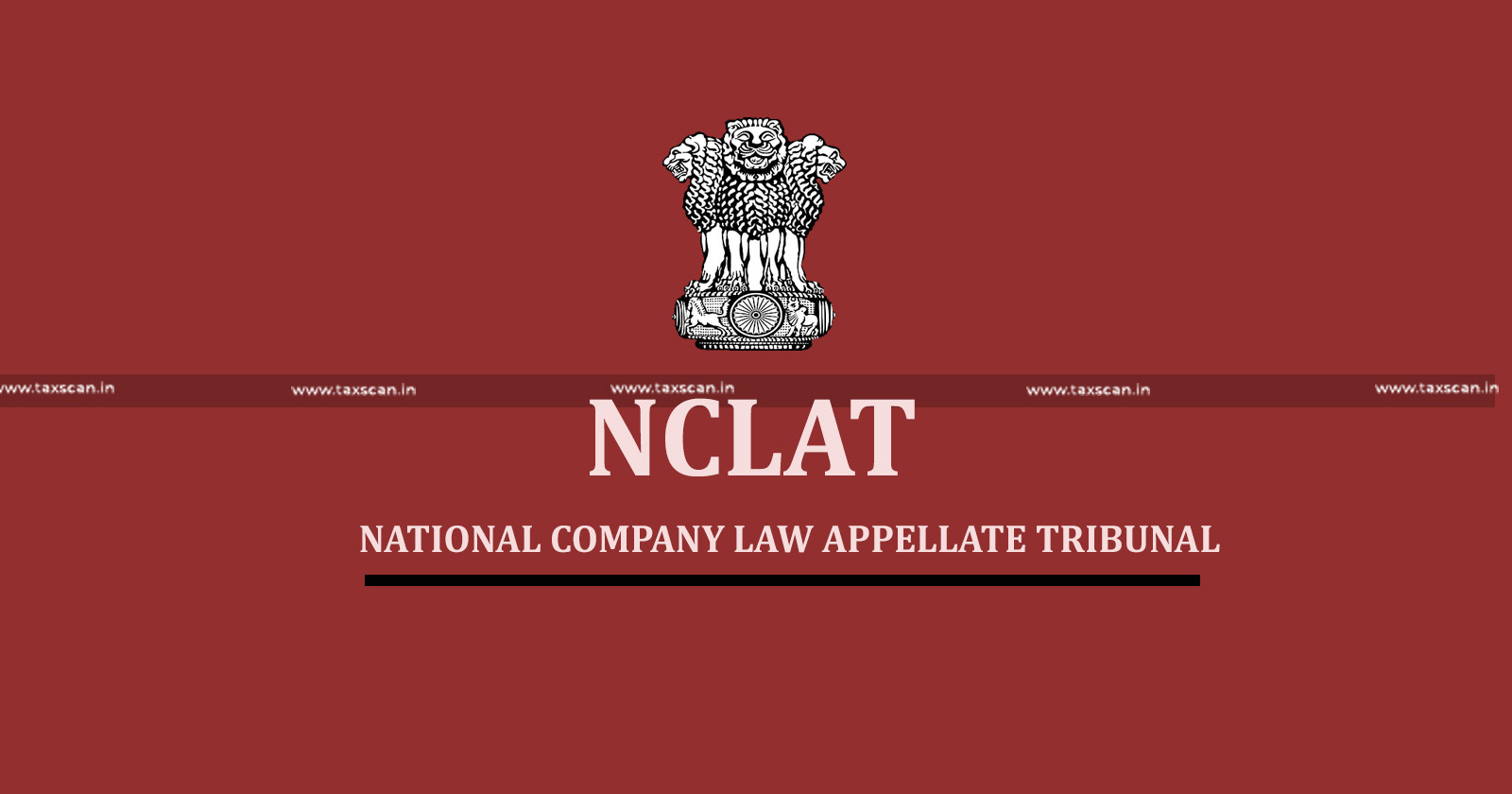Suspended management is unable to release corporate debtor funds after Comencement of CIRP without IRP authorization: NCLAT [Read Order]
The Tribunal observed that the Operational Creditor had included authentic copies of the invoices with the petition, which amply demonstrated that the parties had engaged in a business transaction
![Suspended management is unable to release corporate debtor funds after Comencement of CIRP without IRP authorization: NCLAT [Read Order] Suspended management is unable to release corporate debtor funds after Comencement of CIRP without IRP authorization: NCLAT [Read Order]](https://images.taxscan.in/h-upload/2025/06/09/2041750-nclat-corporate-debtor-nclat-new-delhi-taxscan.webp)
The New Delhi Bench of the National Company Law Appellate Tribunal (NCLAT) held that the suspended management of the Corporate Debtor is also strictly prohibited from directly or indirectly deploying the funds of the Corporate Debtor unilaterally, without the authorisation of the Interim Resolution Professional (IRP).
The Corporate Insolvency Resolution Process (CIRP) was initiated by M/s. Sunil Hitech Engineering Limited (Corporate Debtor) on September 7, 2018. The order, which was uploaded on September 10, 2018, was approved by the NCLT on September 7, 2018. On the same day, the Tribunal also appointed an IRP. The IRP notified the Suspended Management of the takeover of the Corporate Debtor's management on September 14, 2018. On November 27, 2018, the Adjudicating Authority selected a Resolution Professional (RP).
Know the complete aspects of tax implications of succession, Click here
The RP discovered that the Appellant and Respondent No. 6, the CFO of the Corporate Debtor, had made unauthorised payments amounting to Rs. 11.01 crore to Respondent Nos. 2 to 5 from 10.09.2018. The RP issued a letter seeking an explanation for the payments. On 09.04.2019, the Appellant and Respondent No. 6 responded that the transactions aimed to keep the Corporate Debtor as a going concern and were made in accordance with the existing Standard Operating Procedures.
In the corporate petition, the RP requested that the appellant and respondents Nos. 2 through 6 return the entire sum. The application was approved by the adjudicating body. The appellant filed the appeal because they were upset with the order. The appellant's counsel argued that the contested transactions were carried out in the regular course of business, even though they occurred after the CIRP start order was announced.
 Also Read:NCLT Can Exercise Inherent Powers to Forward a Copy of its Order for Necessary Action: NCLAT [Read Order]
Also Read:NCLT Can Exercise Inherent Powers to Forward a Copy of its Order for Necessary Action: NCLAT [Read Order]
In contrast, the counsel for Respondent No. 1 (the RP) argued that by using the Corporate Debtor's account to make payments after the start of CIRP, the Appellant and Respondent No. 6 had breached Section 14(1)(b) of the IBC. He argued that rather than the date of upload (10.09.2018), the CIRP commencement date is the date of order pronouncement, or 07.09.2018. As a result, he contended that every transaction made after September 7, 2018, violated the ban. He argued that the contested payments were made after CIRP started without the IRP's consent.
The Tribunal was asked to decide whether the Appellant's payments made after the CIRP began violated the moratorium's terms and whether the impugned order ordering the Appellant and Respondent Nos. 2 to 6 to reverse the contested transactions with the Corporate Debtor's assets was invalid.
The bench comprising Justice Ashok Bhushan (Chairperson), Barun Mitra (Technical Member) and Arun Baroka (Technical Member) observed that as soon as an application of CIRP is admitted under Section 7, 9 or 10 of the IBC, it marks the commencement of insolvency. The moratorium becomes enforceable from the date the CIRP application is admitted or as indicated in the order. Once the moratorium is in effect, it is not open for any Financial or Operational creditor to recover any amount from the account of the Corporate Debtor except by filing claims through the resolution framework.
The Tribunal noted that the suspended management of the corporate debtor is also expressly forbidden from unilaterally using the corporate debtor's finances, either directly or indirectly, without IRP's approval. The order dated 07.09.2018 stated that "the order of moratorium shall have effect from 10.09.2018," the Tribunal observed. After the moratorium, nine of the twelve contested payments were made. Regarding the three pre-moratorium check transactions, the Respondents cashed them following the CIRP start date and the moratorium proclamation.
Complete Ready to Use PDFs of 200+ Agreements Click here
The Tribunal observed that the RP had provided clarification, stating that all of his payments were made via the UCO Bank account and had received proper CoC approval. Nevertheless, the contested payments were made from an HDFC Bank account, proving that the IRP had not approved them. According to the Tribunal, the contested payments violated the moratorium and were legally prohibited.
Support our journalism by subscribing to Taxscan premium. Follow us on Telegram for quick updates


